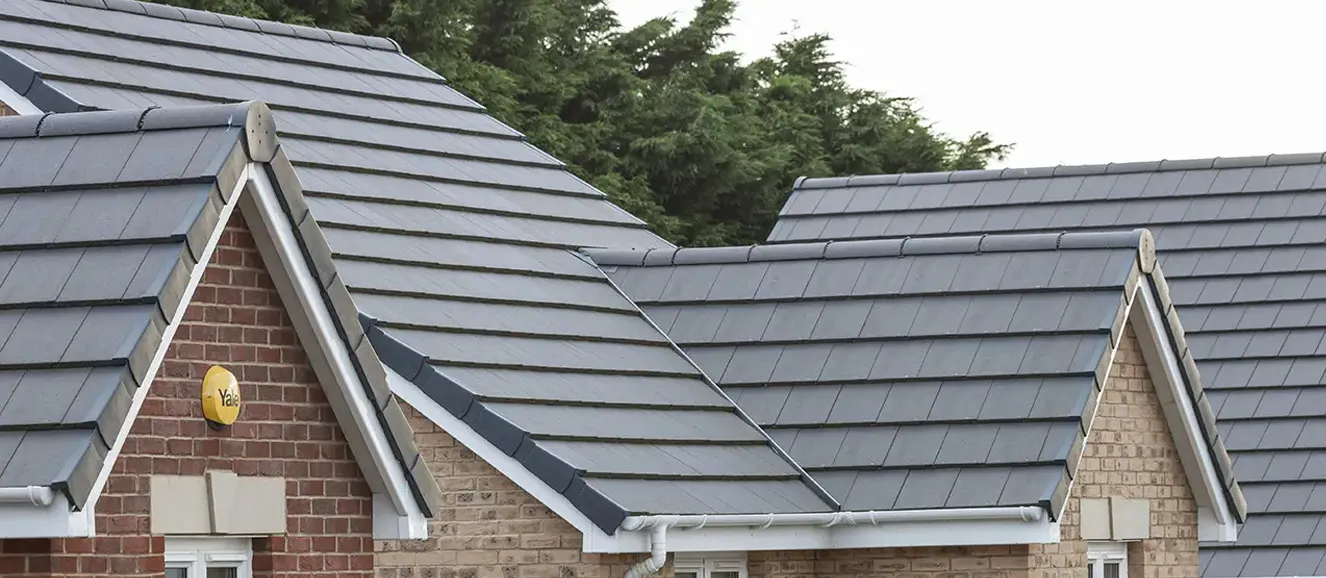Real estate in Pakistan has seen tremendous growth in recent years, and it is expected to continue growing in the future. The demand for housing and commercial space is increasing day by day, and as a result, the real estate market is becoming more competitive. In this article, we will discuss the future of real estate in Pakistan and the factors that will impact its growth.
Introduction
Real estate is one of the most important sectors in Pakistan’s economy, and it plays a significant role in its growth. The sector has been performing well in recent years, and it has attracted both local and foreign investors. The demand for housing and commercial space is increasing rapidly, and it is expected to continue growing in the future.
Current State of Real Estate in Pakistan
The real estate sector in Pakistan has been growing steadily in recent years. According to the State Bank of Pakistan, the sector’s growth rate was 2.3% in 2019-2020. This growth is attributed to several factors, including:
- Government initiatives to promote the sector
- An increase in foreign investment
- A rise in disposable income
The real estate market in Pakistan is dominated by major cities like Karachi, Lahore, and Islamabad. These cities have seen significant growth in the housing and commercial sectors. The demand for high-end residential and commercial spaces has also increased in recent years.
Factors Affecting the Future of Real Estate in Pakistan
Several factors will impact the future of real estate in Pakistan. Here are some of the most important ones:
Population Growth
Pakistan’s population is expected to reach 300 million by 2050, according to the United Nations. This population growth will result in an increase in the demand for housing and commercial space. Real estate developers and investors will have to cater to this demand by building more properties.
Urbanization
Pakistan is becoming increasingly urbanized, with more people moving to cities in search of better job opportunities and living standards. This urbanization trend will result in a higher demand for housing and commercial space in cities, leading to further growth in the real estate sector.
Infrastructure Development
The Pakistani government has initiated several projects to improve the country’s infrastructure. This development will result in better transportation networks, energy supply, and other facilities. Improved infrastructure will make it easier for real estate developers to build properties in remote areas and increase the demand for real estate in these areas.
Foreign Investment
Foreign investors are increasingly interested in the Pakistani real estate sector. This investment will lead to more development projects and an increase in the demand for housing and commercial space. The Pakistani government has also introduced several initiatives to attract foreign investment in the real estate sector.
Economic Growth
Pakistan’s economy is expected to grow by 4.2% in 2022, according to the World Bank. This growth will result in an increase in disposable income and the demand for high-end residential and commercial properties.
Challenges Facing the Real Estate Sector in Pakistan
Despite the growth potential, the real estate sector in Pakistan faces several challenges, including:
Lack of Regulation
The real estate sector in Pakistan is largely unregulated, leading to fraudulent practices, land grabbing, and other illegal activities. The government needs to introduce effective regulations to prevent these practices and ensure the growth of the sector.
Lack of Financing Options
Real estate developers in Pakistan face a lack of financing options, making it difficult for them to complete projects. The government needs to introduce policies that promote financing options for developers.
Political Instability
Political instability is a major challenge facing the real estate sector in Pakistan. Investors are reluctant to invest in a country that is politically unstable. The government needs to ensure stability and security to attract more investment in the sector.
Conclusion
The future of real estate in Pakistan looks promising, with several factors contributing to its growth. Population growth, urbanization, infrastructure development, foreign investment, and economic growth are all expected to lead to an increase in demand for housing and commercial space. However, the sector also faces several challenges, such as a lack of regulation, financing options, and political instability.
To ensure the growth of the real estate sector in Pakistan, the government needs to introduce effective regulations, and policies that promote financing options, and ensure political stability and security. If these challenges are addressed, the real estate sector in Pakistan has the potential to become a significant contributor to the country’s economy.






